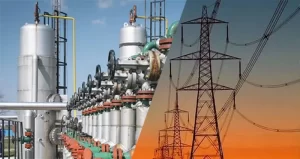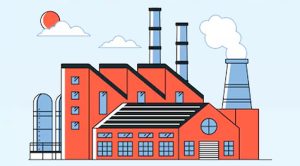Some Stability in Power and Gas, Yet Foreign Investment in Industry Remains Absent

Despite recent improvements in Bangladesh’s power and gas sectors, no significant foreign direct investment (FDI) has entered the industrial sector over the past 10 months. Since the change of government in mid-2024, the country has been under an interim administration, leading to policy uncertainty and investment hesitation.
Political Uncertainty Dampens Investment
The transition following Prime Minister Sheikh Hasina’s resignation in August 2024 has created a climate of political unpredictability. Investors seek long-term policy stability, which remains elusive under the interim government. As a result, major industrial FDI approvals have stalled.

Current Power and Gas Situation
Daily power generation stands at around 15,000 MW, below the maximum capacity of 28,000 MW, but with reduced load shedding. The interim government has implemented measures to ensure more reliable electricity supply in industrial zones.
Domestic gas production is approximately 2,200 million cubic feet per day, while demand exceeds 3,500 million. To bridge the gap, Bangladesh has adopted new LNG procurement policies, inviting global players like Shell, BP, Aramco, and Glencore. This has improved supply diversity and somewhat stabilized prices.
Debt and Financial Challenges
Legacy high-cost power contracts, such as with India’s Adani Group, have resulted in overdue payments exceeding $500 million. The interim government is working on financial restructuring to alleviate these pressures.

Industry Operations Improve, But Confidence Lags
BGMEA President Faruk Hasan acknowledges that better electricity and gas supply has enabled many factories to operate at full capacity. However, he stresses that foreign investors require political and economic stability beyond utility improvements.
Foreign Investors’ Perspectives
The European Investment Bank (EIB) is monitoring Bangladesh’s political and human rights situation. Pending political developments, the bank is considering up to €2 billion in green infrastructure investment.
Chinese investors have shown interest in rail, gas, and power infrastructure, but seek transparency and timely payments before committing fully.
While some progress in utility services offers relief to industries, ongoing political and policy uncertainties hinder the return of foreign industrial investment. The interim government’s reforms in utility management and competitive market policies are promising, but will take time to restore investor confidence.












